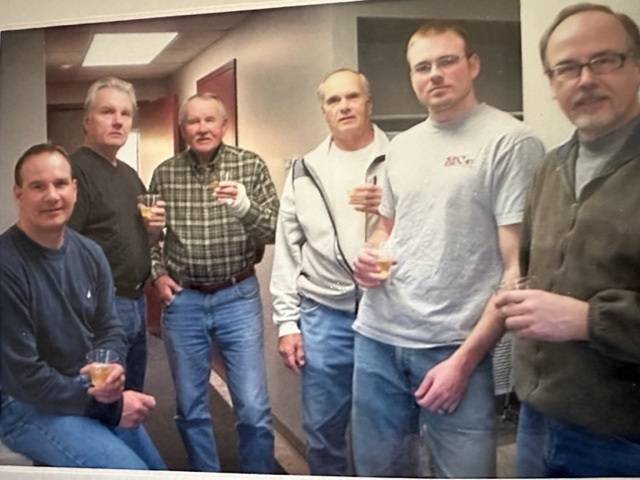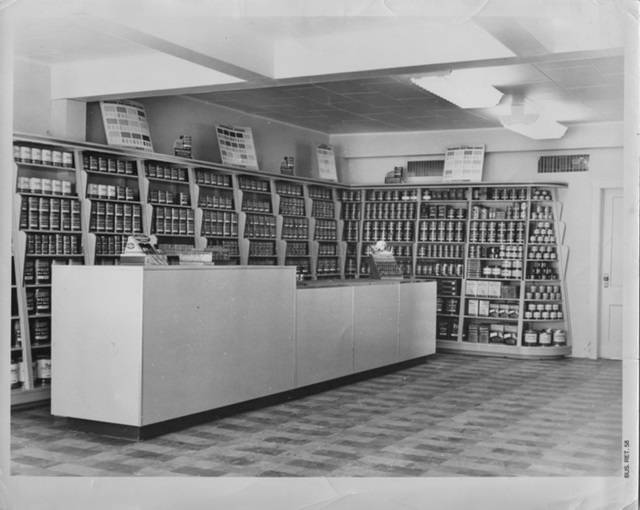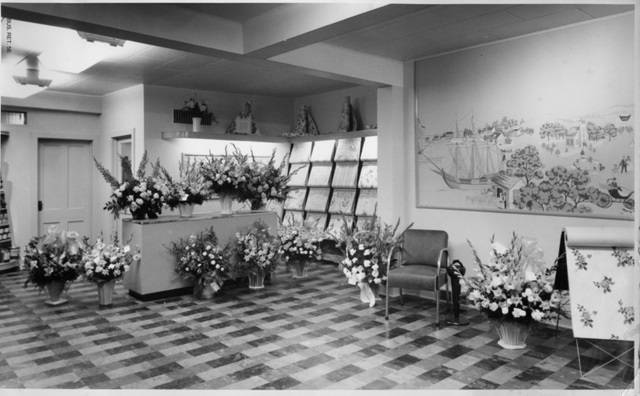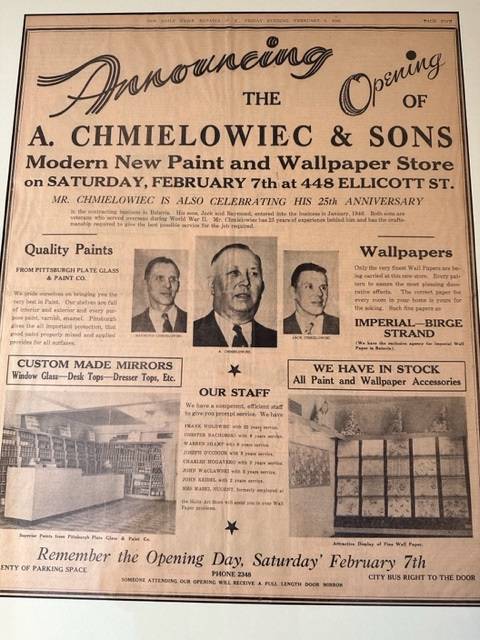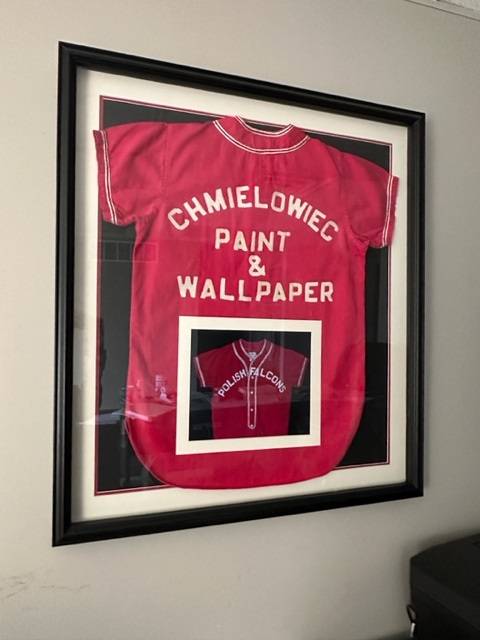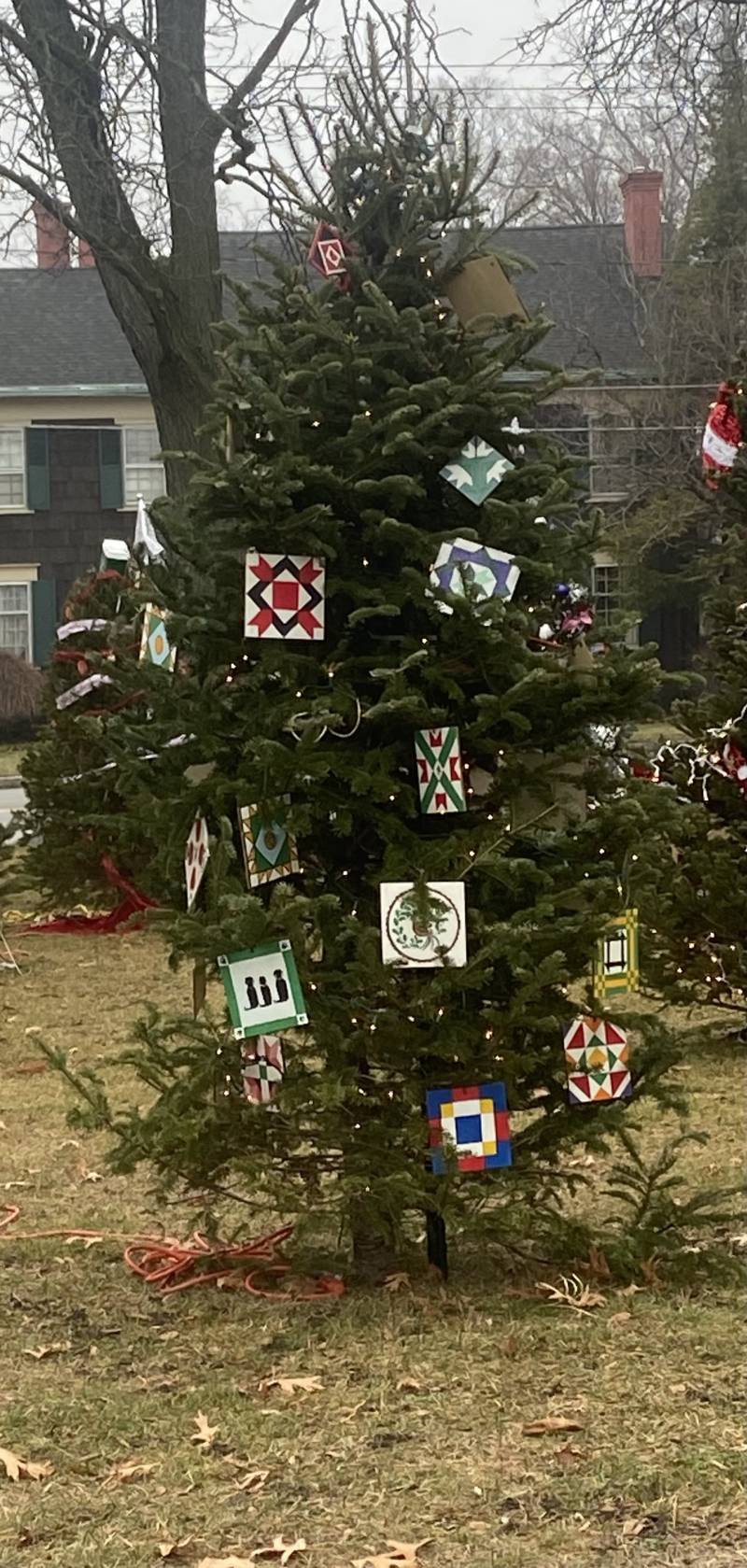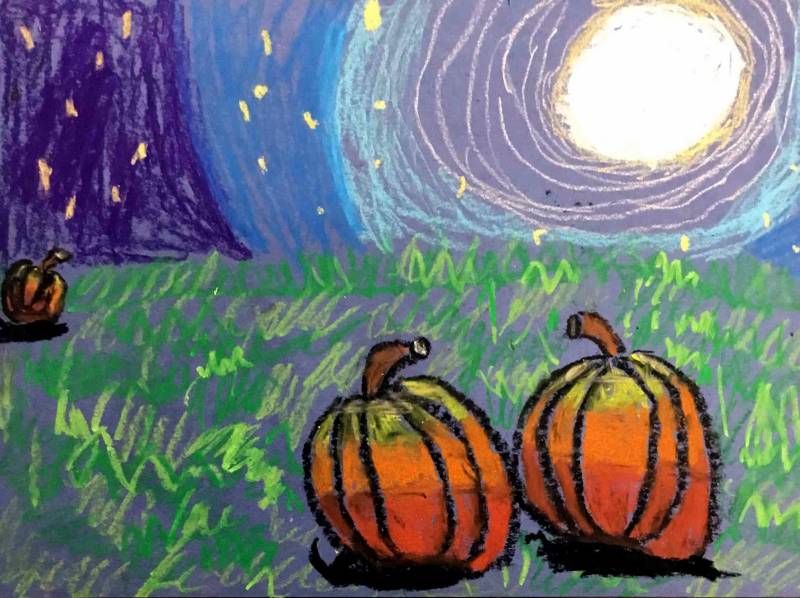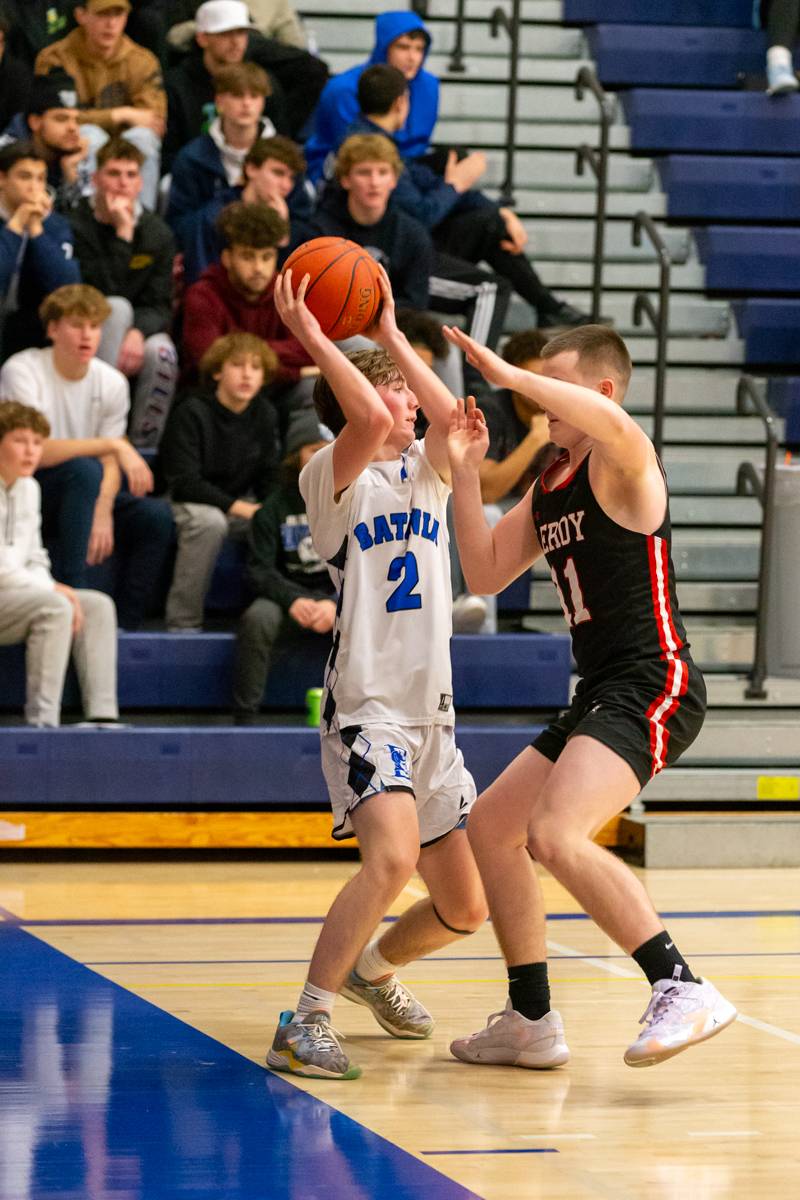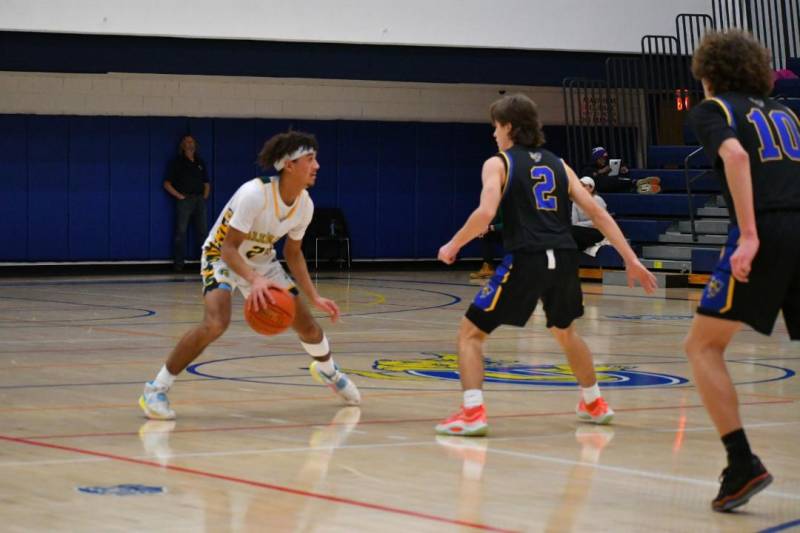Capping off a 'tremendous experience' after 16 years

Photo by Howard Owens.
He may not have been a City of Batavia resident for long before being appointed city historian, but whatever Larry Barnes may have lacked in residential longevity, he made up for with a growing passion.
It was while serving as an assistant to then County Historian Sue Conklin that Barnes became involved in researching city government — sifting through all sorts of materials and, as a result, becoming quite interested in the city.
That was more than a decade and a half ago.
“It’s been a tremendous experience, I’m really going to miss it,” Barnes said during an interview with The Batavian at his second-floor City Hall office. “It’s been a major part of my life for 16 years.”
Since those humble beginnings, he has gone through a city centennial celebration, watched the unfolding process of the historic Brisbane Mansion — aka current police station — become a prospective boutique hotel or serve some other purpose as a new police facility moves toward final plans. He has researched several requests about homes that have physically been moved or relatives’ ancestors or other Batavia history, though he’s quick to tell you he’s not one’s personal genealogist. He has written books about the city’s most prominent people and places, and been quoted dozens of times over the years for news articles about the birthplace of western New York.
Batavia was once a village, founded in 1827, and became a city in 1915. Eight years ago, there was a grand centennial splash, despite a whirling blizzard that helped all ring in the New Year on Dec. 31, 2014.
In true western or upstate, take your pick, New York fashion, it was a windy, blustery, snowy, icy cold — and certainly not cooperative — evening for the plans the centennial committee had made for the outdoor portion of the event.
But Barnes had committed to do his part as city historian.
“I remember standing on a platform trying to give a talk to a very small audience,” Barnes said. “Most of the people had gone inside where it was warm.”
And now as we approach the city’s 108th birthday, and another eight years for Barnes since that frigid night, he couldn’t help but also recall how his predecessor didn’t think he had the chops for the job, having only lived in Batavia a mere few years and all. But he’s also well aware of the fact that it doesn’t take one’s personal upbringing to be a good historian.
Not that Barnes didn’t bring an attractive portfolio to the position; he began teaching at Genesee Community College in 1968, lived in the towns of Batavia and Byron and built a home in the City of Batavia in 2005, where he had lived for three years before taking the job.
The city’s first historian was William Coon, who seemingly fell into the role as the city attorney, and was appointed by the mayor in 1919. He died in office after serving until 1953, which is something Barnes most definitely did not aspire to, he said: “My goal was to not die in office,” he said.
The last historian was Corinne Iwanicki, who served from 1995 to 2007, and she was succeeded by Barnes, who was the sixth city historian and the first one to be paid, if only for a short time. The position was not paid until this past year, when City Council agreed to provide a stipend.
There also was no formal job description until former City Manager Jason Molino and Barnes worked on one that was officially approved by City Council in 2010.
Over the years, Barnes has researched various landmarks, people and happenings, such as where the first bridge was located in Batavia, when railroads changed to their current location and why, what happened to certain houses in the city, including some formerly located where the Southside roundabout is now.
Barnes received so many questions about relocated homes that he wrote a small book about 40 houses that have been physically moved to other locations.
“If I get interesting questions, I will do that,” he said.
His own questions piled up about a certain population in the city that seemed to go undocumented, and Barnes wanted to do something about that. While he noticed that quite a lot had been written about Italian, Polish and Irish residents whose families had emigrated to the United States, there was nothing about Black Batavians, he said.
The first simple but pointed question had to be; who is a Black Batavian? Do you go by the color of one’s skin, or facial features, or ancestors? Answer: the person is a Black Batavian if they or someone else defines them as such, he said.
For more about his latest book, go to: “Black Batavians: Who They Are, Their Local History, and Aspects of Our Larger Culture That Have Especially Shaped Their Experiences.”

















